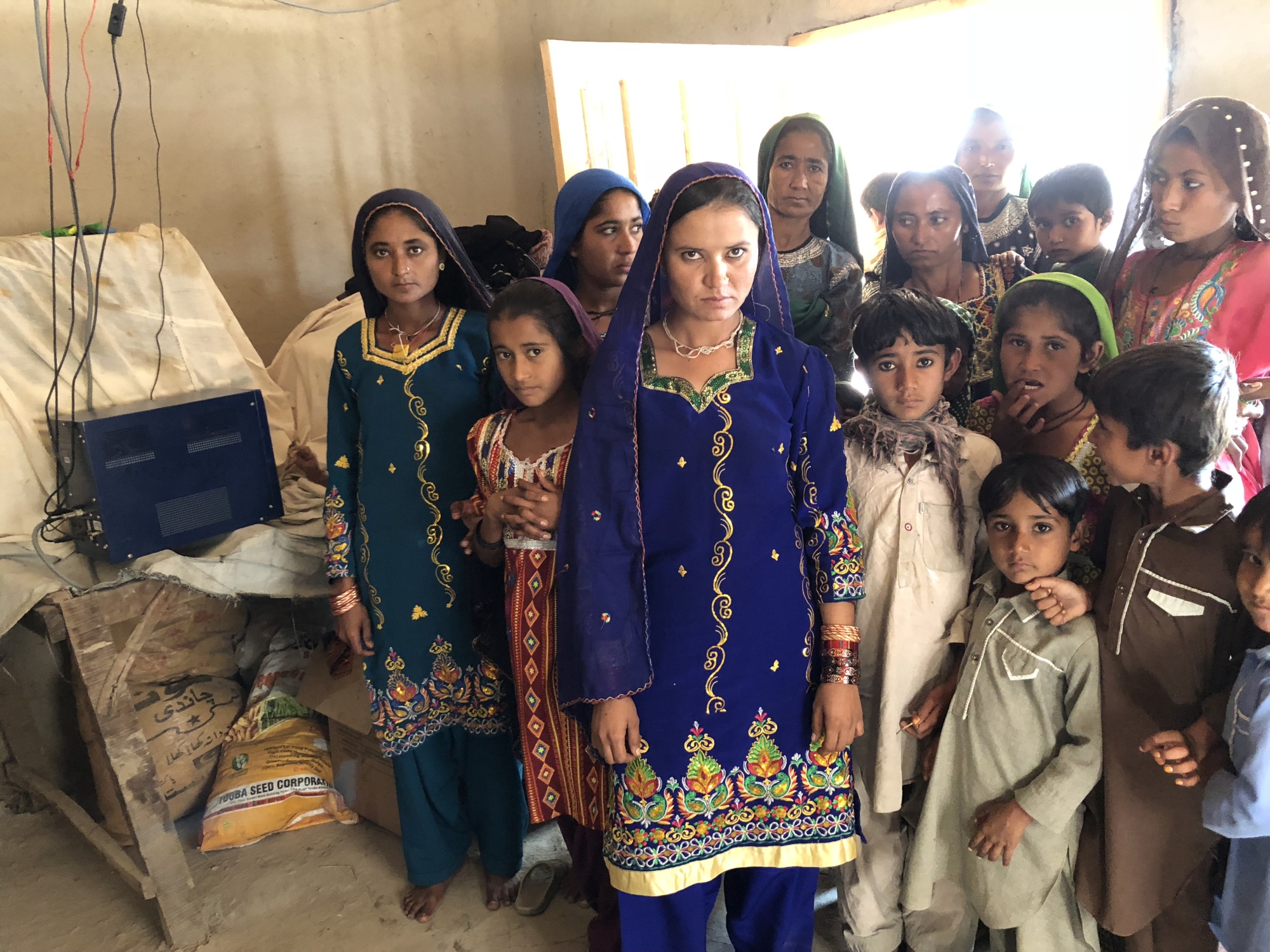Reclining comfortably on a bed outside his mud home, 75-year-old farmer Mohammad Khoso watches life go by. His family is now the center of everyone's envy in the southern Pakistani village of Murid Khoso — they have electricity.
"Now I can eat fish and not worry about bones getting stuck in my throat," Mohammad said in an interview, describing how he can enjoy a well-lit evening meal since his son, Ghulam Nabi, installed solar bulbs in his home three months ago.
For nearly a decade, chronic power shortages have hobbled Pakistan's economy, leaving 144 million people without electricity or enduring lengthy blackouts, the World Bank says.



